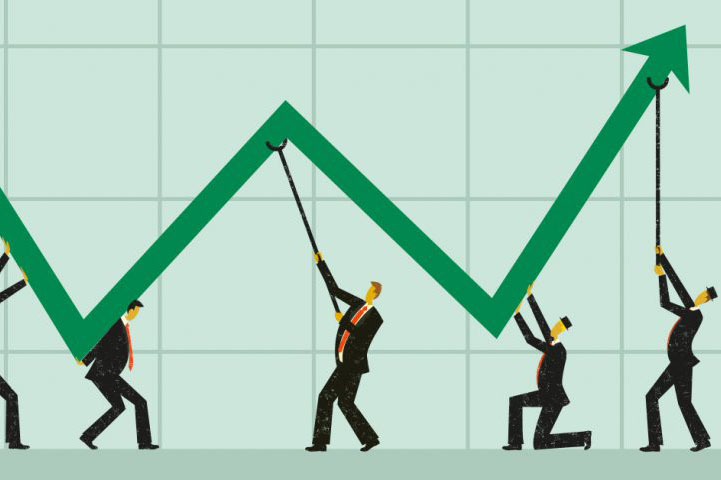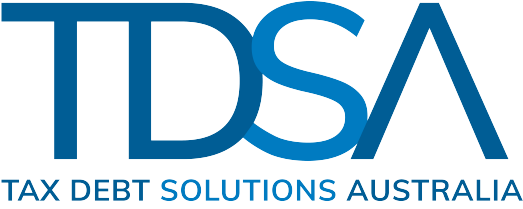
What is good debt and bad debt…
You would be forgiven if you thought the ATO were not chasing unpaid taxes. Their debt book as increased from $20 billion to $53 billion in just a few years with a large portion of this acquired since COVID-19 commenced. Did you know that the ATO stopped collecting debt during 2020 and even stopped applying interest to debt? Never in history has the ATO stopped collecting debt for such a long period of time. It’s understandable though, how could a government agency issue grants, loans and JobKeeper payments with one hand and collect money with the other. What a holiday for some businesses and individuals!
Slowly but surely, the holiday is coming to an end with the ATO now making calls addressing outstanding lodgements and payments. In fact, only the other day I saw the first listing, in a long time, of a wind-up application by the ATO. Collection is definitely stepping up at the ATO.
How does someone get themselves into such a sizeable debt?
That will never happen to me! I pay my taxes on time, you say!
You never know, no matter how compliant you are, you just never know when your largest client decides to end the project that your business heavily relies on. You have staff employed for this project and now you have to stand them down, or pay their wages until the next project comes along because you can’t afford to lose good skilled employees. It’s never just wages, there’s entitlements and running costs, all of which cannot be recuperated. Maybe you had no idea that your trusted office manager was helping themselves to cashflow over the years. Or worse, you never expected you’d fall ill and in your absence sales dropped significantly impacting the businesses’ income.
Every business owners’ first instinct is to survive all the hurdles that should come their way, to keep the business going, to keep staff employed and to do whatever it takes to keep those wheels turning. We as business owners do not try to rack up tax debt but when our back is against the wall, when things that are beyond our control put a financial strain on our business, we just try to survive.
Trading out of debt
With JobKeeper gone, for some businesses this will mean the beginning of the end and liquidation is the inevitable destiny. For others it’s just a matter of having the right people in the right position to help guide you through.
I’ll never forget a conversation I had with an ATO officer in their wind-up area. I asked if he thought there were a large amount of businesses that the ATO wound up that could have traded out of debt and his answer was a resounding YES! There is no doubt that sometimes it’s commercially sound to liquidate your company but sometimes you just haven’t considered the alternative of trading out.
When hard times hit you need extra time to get you through challenges, such a downturn in business, damage such as fire or flood or a once in a century pandemic. It’s so important that we as business owners have maintained good relationships with landlords, suppliers, BDM’s etc. We should lean on those relationships to negotiate arrangements and you’ll find that most people are understanding and appreciate your effort to communicate with them.
For the ATO, it’s always been about ensuring there is an even playing field for all businesses, so competitors are not receiving an advantage over others that pay their taxes on time. COVID-19 has changed the ATO’s approach and when businesses try to engage with the ATO and address their debt the ATO are showing a more flexible and understanding approach.
The next couple of years will be about recovery for a large amount of businesses, especially those in the hospitality, arts and travel industry who have been hit the hardest. Trusted advisors will be more important than ever before and as advisors we all must collaborate and work together as a team to achieve great outcomes.
